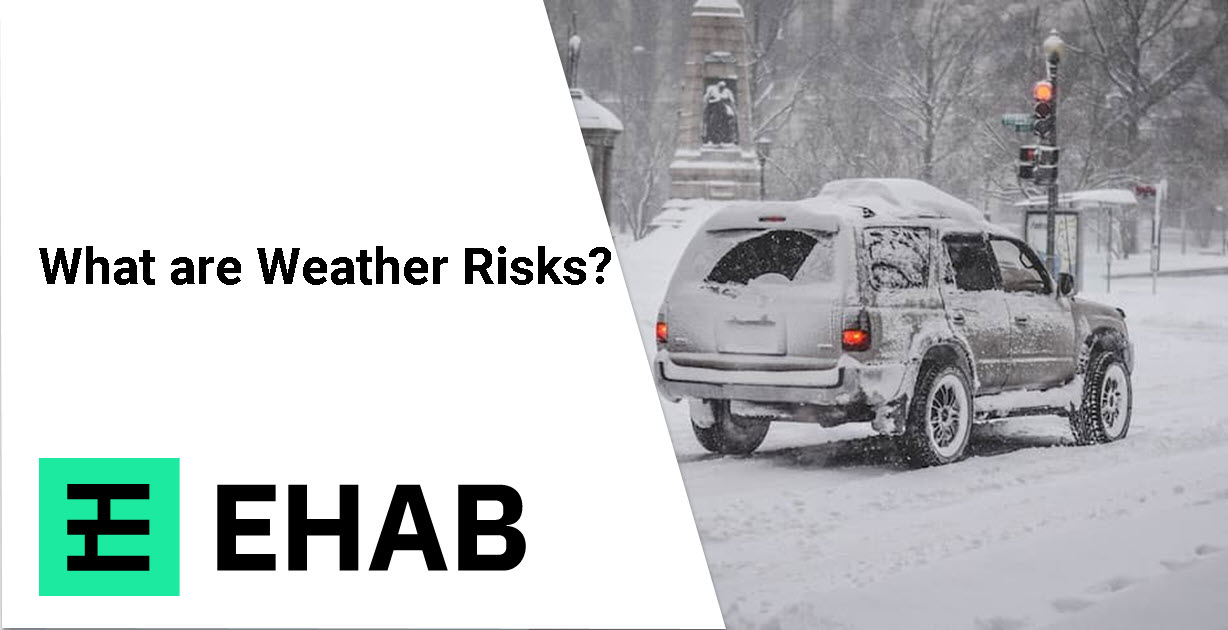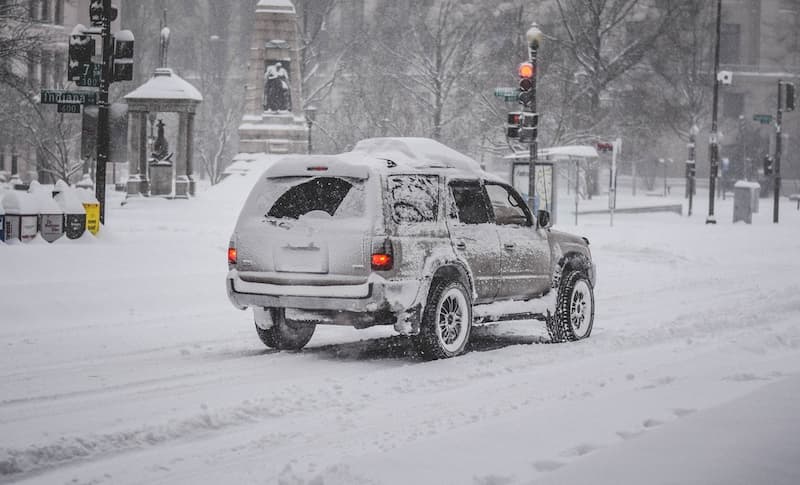Weather risk is uncertainty. It is the uncertainty of earnings, output or safety as a direct result of naturally occurring weather phenomena. Weather risk impacts numerous industries in myriad ways. Some of the most heavily impacted are:
- Insurance
- Construction
- Energy
- Transportation
- Tourism
But what are weather risks? What do they look like?
Insurance
In insurance, weather risks are a huge cause for concern. Many policies will include damage from weather within the policy and in recent years this has seen growing payouts. This is unsustainable for insurers, leading to rising prices and a reduction in the cover that they offer. This puts more risk onto those actually facing the risks day to day.
For example, natural catastrophes like hurricanes, cyclones or typhoons are a huge cause of loss. With these weather risks in particular, warming ocean temperatures are fuelling a greater number of storms and those storms are scoring higher on the Saffir-Simpson scale. The uncertainty has always stemmed from when these storms will happen and where, but now there is even greater uncertainty around how large it will get before making landfall and the eventual cost of the event.
Construction
In construction extreme weather is a real issue too. However, incremental weather issues can be just as damaging. In the UK, like in many other countries, climate change is causing much more violent rainfall.
This weather risk has multiple impacts stemming from it, perhaps a river is more susceptible to flooding, it’s more difficult to carry out earthworks on large schemes and slippery surfaces whilst working at heights could pose safety hazards.
Over the course of a year, much more cautious working at heights or continually interrupted earthworks might see you falling behind schedule. Flooding of the site could result in serious delays, insurance claims and ongoing compensation events too.
According to Munich Re two thirds of the global economy is reliant on weather conditions being favourable to operate effectively. The risk of volatility in conditions has always been there in the weather system, it’s an inherently changeable and chaotic system. But the climate crisis is pumping more heat into this system which in turn means water vapour is getting into the atmosphere more quickly with devastating effects.
Energy
The energy sector is also heavily affected by weather risk. During colder winters than normal heating demands could exceed the capacity of the grid, as they infamously did in Texas in 2021. Everyone imagines Texas as a hot state all year round, but there are particular conditions that can cause the polar vortex to lose stability and travel as far south as Texas. This surge in demand could not be met and this led to grid failure, power outages and tragically the loss of life. Weather caused the reduction in output at a time when demand was surging, the impact was catastrophic.
Weather risks, why are they so difficult to deal with?
Bad weather is very difficult to predict, but it’s also something each industry has to expect. Winters are colder, summers hotter. The data of seasonality can be used to understand general patterns and trends. So are weather risks only risks that happen outside the normal patterns?
If some level of bad weather is expected and you fail to prepare for that then that is still exposure to weather risk that could lead to lost earnings output or health and safety implications.
So the first option for many companies is to get as good as they can regarding foreseen risk. For example, EHAB offers a weather risk management solution to the construction industry that allows planners to identify weather impact in the long and short-term using advanced statistical analysis and modelling. This puts the company in the best position to deal with the impact and put in place mitigation measures.
Foreseen risk is the type of risk you know will happen. Winter will be colder, there might be frost and even snow. Failing to account for this is very reactive and leaves your operations exposed. Having a very data driven approach to assessing the likelihood of certain events and understanding how this could impact your operations will give you the best start for your project or whatever activity you are undertaking.
Regardless of the industry you are in, weather risk should be on your radar. It will always start with asking the right questions.
What are the weather risks relevant to me?
What is my assessment of the impacts of this weather risk?
What is the bad weather contingency plan I have in place?





